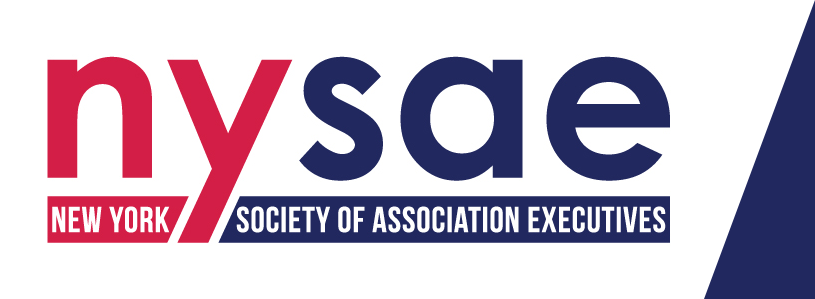IRS Issues Proposed Regulations on Nonprofit Donor Disclosure Rules
Print this Article | Send to Colleague
Venable - September 11, 2019
The continuing saga of donor disclosure on Form 990s for 501(c)(4) and 501(c)(6) organizations took another turn last week. On September 6, the IRS issued proposed regulations allowing affected nonprofits once again to stop disclosing their donors, and waived penalties against nonprofits that had not disclosed their donors in reliance on previous IRS guidance, even though that guidance was ultimately overturned by a federal judge.
Nonprofits had been required for decades to disclose their donors to the IRS (although not to the public). In July 2018, the IRS issued guidance allowing social welfare organizations under section 501(c)(4), professional and trade associations under section 501(c)(6), and many other types of organizations required to file a Form 990 series return to cease disclosing their large donors ($5,000 or more) on Schedule B of the Form 990. The major exceptions were section 501(c)(3) organizations and section 527 political organizations, both of which are subject to statutory requirements for donor disclosure that the IRS could not waive. Those IRS rules are described in more detail here.
Many commentators viewed the new rules as facilitating "dark money" in politics, and the state of Montana, joined by the state of New Jersey, challenged the rules in federal court. In July 2019, a federal judge overturned the IRS guidance on the grounds that the IRS could not simply waive the donor disclosure requirements, which were established by IRS regulation, without providing an opportunity for public comment in accordance with the Administrative Procedure Act.
That judicial decision left nonprofits up in the air about whether to disclose their donors going forward, and what to do if they had failed to disclose donors on Form 990s already filed, in reliance on guidance that had now been tossed out.
The IRS has now answered those questions. It has issued proposed regulations in accordance with the Administrative Procedure Act, thus curing the defective process that was the basis of the federal court's adverse decision. The proposed regulations allow nonprofits not to disclose their donors, just as the overturned guidance did. And affected nonprofits can elect to follow the proposed regulations starting immediately, so that any affected nonprofit filing its Form 990 going forward will not have to disclose its donors.
Further, the IRS has waived penalties for any affected nonprofit that filed its Form 990 without disclosing donors in reliance on the previous guidance, up until the day the guidance was overturned by the court decision, July 30, 2019.
Together, these IRS actions oddly leave a small window of time – July 31, 2019-September 6, 2019 – in which donors did have to be disclosed. For those few nonprofits that filed in that window and chose not to disclose donors, for example because the court decision was not final as it could still be appealed, they are at risk of IRS enforcement based on their filing of an incomplete return. Whether the IRS will make such enforcement a priority in light of the multiple reversals of the rules remains to be seen.
Those who wish to do so may file comments on the proposed regulations. However, it is difficult to believe that the IRS, having issued the rules twice now, will make material changes before promulgating the final regulations. Once the regulations are finalized, those who detested the IRS rule in the first place may attempt to spur congressional action to override them. Meanwhile, state legislatures have been rolling out expanded donor disclosure requirements for politically active nonprofits, including super PACs and other political committees. While nonprofits filing Form 990 now may safely rely on the new IRS proposed regulations for their Form 990 filings, the saga of the donor disclosure requirements may not yet be over.

